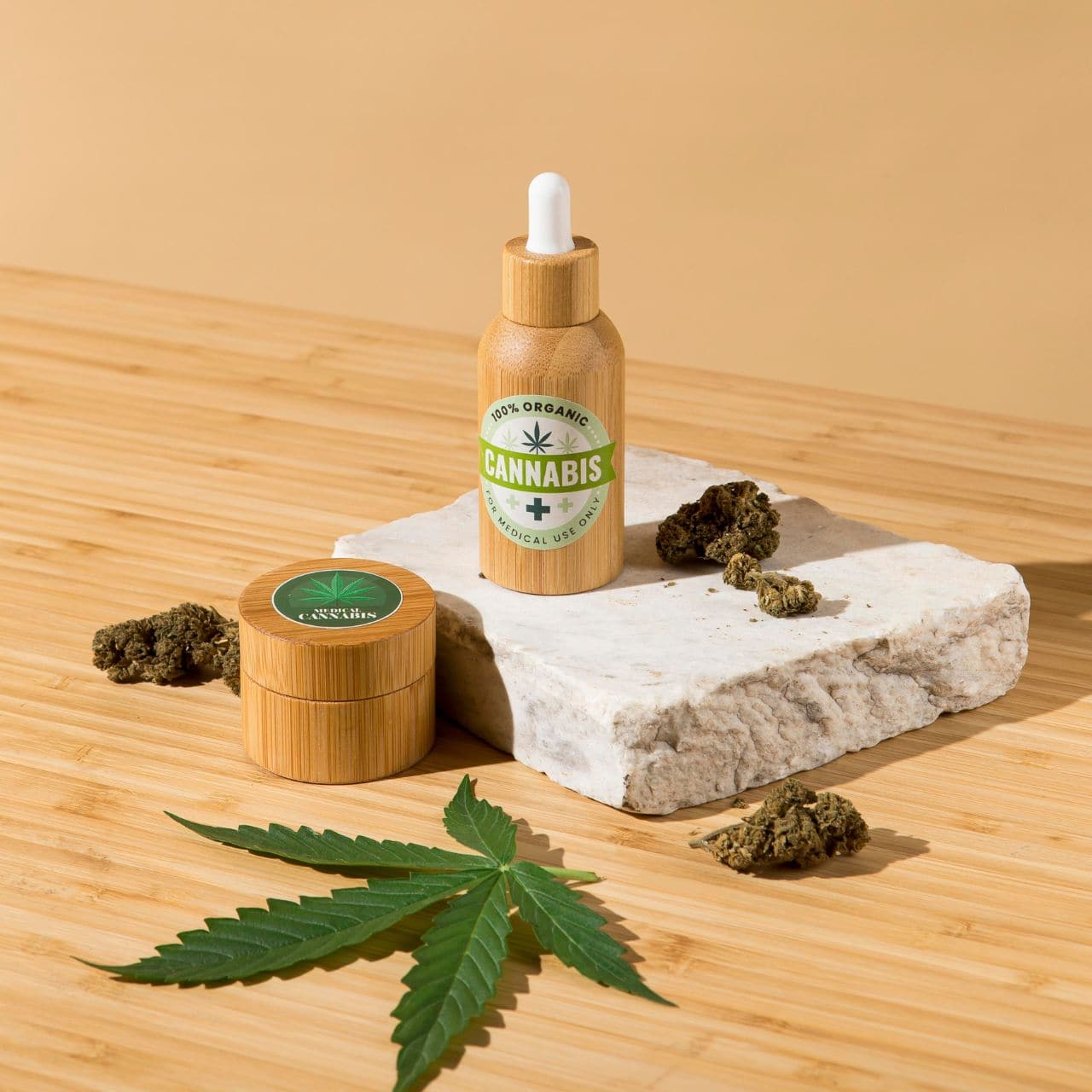
Is THC Legal in California
Yes, THC products are legal in California
 Legal
Legal

Yes, THC is legal in California, be it for medical or recreational purposes. California was one of the first states to legalize medical marijuana back in 1996 with Proposition 215 and further legalized recreational marijuana with the passing of Proposition 64 back in 2016.
Adults 21 years and over may legally possess, buy, and consume marijuana and marijuana products containing THC for recreational purposes. They may possesAlaas no more than 1 ounce (28.5 grams) of marijuana or up to 8 grams of concentrated cannabis. Adults are permitted to cultivate up to six marijuana plants for private use.
Medical patients with a valid medical marijuana card are allowed to possess larger quantities, up to 8 ounces (227 grams) of marijuana or 12 plants for personal use. They have to follow regulations established by the state.
While both medical and recreational marijuana are legal, smoking or consuming marijuana in public is not allowed, nor is driving under the influence of THC. All products must be purchased from a licensed dispensary that follows strict testing and labeling guidelines to ensure product safety and quality.
THC, or tetrahydrocannabinol, is a psychoactive cannabinoid primarily found in the cannabis plant. In Alabama, THC is legal only for medical use through the state’s medical marijuana program. To access THC products, patients must have a qualifying medical condition and obtain a prescription from a licensed healthcare provider.
THC interacts with the body’s endocannabinoid system by binding to CB1 and CB2 receptors, which are integral to the central and peripheral nervous systems. This interaction influences various physiological processes, such as mood, pain regulation, and appetite. The effects of THC can include euphoria, altered perception, and relaxation, with intensity varying based on individual metabolism and dosage.
In Alabama, THC products are available in various forms, including oils, capsules, and edibles, through state-licensed dispensaries. Patients must familiarize themselves with local laws regarding possession limits and the types of products available. Before purchasing any THC products, always review lab test results to ensure accurate labeling and safety.
If you want to learn more about THC in general, check out our THC Resource Center.
To buy THC products in California, you must be at least 21 years old for recreational use. Adults aged 21 and older can legally purchase marijuana products, including those containing THC, from licensed dispensaries.
For medical marijuana, individuals can access THC products if they are at least 18 years old and possess a valid medical marijuana card issued by the state. Minors under 18 can also qualify for medical marijuana, but they must have a designated caregiver—usually a parent or legal guardian—who can apply for the medical card and purchase the products on their behalf.
Yes, it is legal to smoke flower in California for both recreational and medical use. Adults aged 21 and older can legally purchase and smoke marijuana products, including THC flower, from licensed dispensaries. Medical marijuana patients with a valid medical marijuana card can also smoke marijuana flower.
While smoking THC flower is permitted, there are restrictions on where it can be done. Consuming marijuana in public places, such as parks or on the street, is prohibited, and violations can result in fines.
Yes, THC products in California are required to undergo third-party testing. The state has established stringent regulations to ensure the safety, quality, and potency of marijuana products sold in licensed dispensaries. All cannabis products must be tested by independent laboratories that are accredited by the California Bureau of Cannabis Control (BCC).
These tests evaluate various factors, including the potency of THC and CBD, as well as the presence of contaminants such as pesticides, heavy metals, molds, and residual solvents. This rigorous testing process helps ensure that consumers receive safe and accurately labeled products. In addition to testing, all cannabis products must include detailed labeling that provides information on the contents, dosage, and any potential allergens. This commitment to quality and transparency helps protect consumers and maintains high standards within California’s cannabis market.











